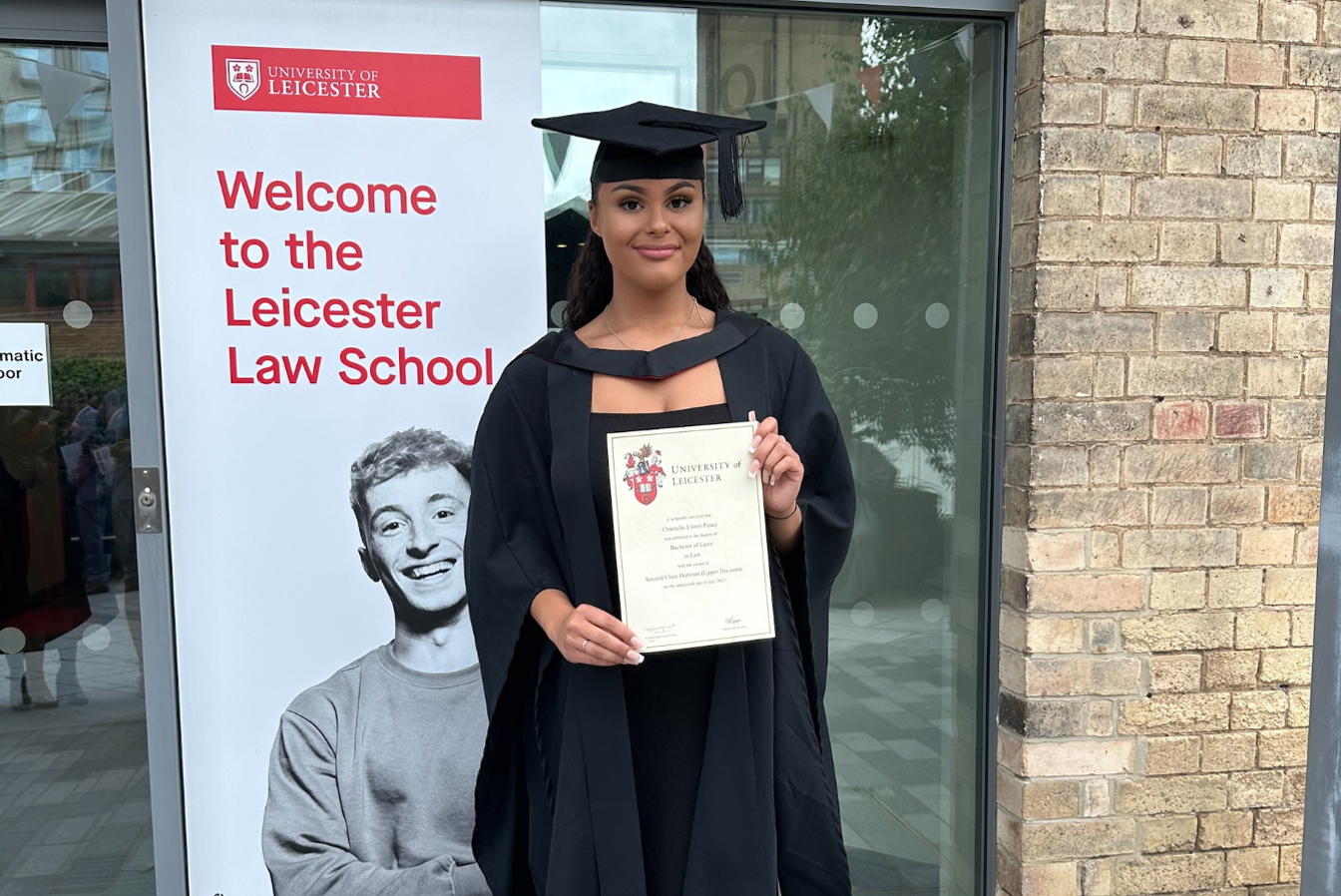Financial Provision For Children After Separation
Separation & Divorce

If I am not married but have children are we common-law spouses and will I be treated as if I were a spouse?
Despite the ongoing popularity of this term “common law spouse” is not a recognised legal status. If you are not married you are not spouses and therefore would be considered “cohabitees” if you lived together and/or co parents of children.
Given the fact it is now more common for children to be born to unmarried parents than married (according to the ONS 2021 the figure is now 51.3%), it is a concern that so many are unaware of the difference in legal status of parents who are married and those who are not. Those who are not married have no right to financial support for themselves- their claims are limited to property claims if applicable (e.g. Trusts of Land and Appointment of Trustee Act claims etc.) and financial claims on behalf of children. This blog focuses on the issue of financial provision for children after separation.

Every Parent Is Legally Obligated To Financially Support Their Children
The most common is that of child maintenance. Governed by the Child Maintenance Services (CMS) parents can agree on the amount of maintenance between them, or utilise the formal statutory service that can perform calculations and enforce the payment of maintenance. The CMS has a helpful online calculator which is a useful tool as a starting point and in many cases, this is often the “endpoint” for parties who are separating.
There will, however, be situations where the provision from the CMS (or other civil provision e.g. under the Trusts of Land and Appointment of Trustees Act 1996) will leave the parent who has main care of the children financially disadvantaged when compared with the other parent’s standard of living and higher wealth.
In Those Cases Schedule 1 Of The Children Act 1989 Can Assist
This allows, in the right circumstances, a parent with care of the children to seek financial support from the other for the benefit of the child. Provision can include housing (which typically reverts to the other parent when the children are over 18); lump sums for specific capital outlay such as cars, furnishings for the property; educational costs or additional costs relating to a disability and additional maintenance (known as “top up” maintenance) if the other parent’s gross income, after pension contributions, is over £156,000 per annum. This legislation provides for a discretionary outcome to provide for the children during their childhood. It remains the case that an unmarried parent cannot bring a claim for their own personal financial benefit under this law.
The law enables flexible, case-specific, solutions and caters for a wider range of circumstances including those with a very high wealth. It would also apply to those with limited assets and where hard decisions need to be made regarding housing for children.
The Downside Of The Law
The downside to this flexibility in the law is that it can be very difficult to predict what the outcome could be from any Schedule 1 claims and what the prospects of success of any claim could be. Historically, the reported cases involve high-wealth individuals (those who can afford to run the costs of litigation) and can be of limited benefit to helping those of more modest, normal, means who face separation and want to know what the outcome of any claim could be. With that said Judges are increasingly striving to assist in providing more flexibility and certainty. For example Justice Mostyn’s recent decision in James v Seymour, a case involving “top up” maintenance where he has given guidance on what he considers to be the “formula” to apply in those cases to provide greater certainty as to what the maintenance liability would be. However, this is guidance only and, as with most litigation, whether it would or should apply depends on the circumstances of any particular case.

How Can You Be Prepared?
Schedule 1 applications are likely to find themselves increasing in use as the trend towards unmarried parents continues and the uncertainty when you separate adds levels of stress, both emotional and financial, to an already difficult time. Whilst discussing what would happen on separation before you have children is not considered “romantic” it can be invaluable in all parties’ understanding of how the situation may be (and could be recorded into formal “living together” arrangements). This would help to try and limit the potential for disputes if separation sadly occurred. Specialist legal advice is not limited to when you are separated and taking such advice at the outset of your relationship, in particular where there is a big imbalance in financial positions between unmarried partners, can be invaluable and Purcell Solicitors are well-versed in advising in these circumstances.
Disclaimer: Please note that this page is for guidance only and does not replace legal advice. It is correct with the law at the time of publication but please be aware that laws may change over time. This article contains general legal information but should not be relied upon as legal advice. Please seek professional legal advice about your specific situation – contact us for dedicated help for you.


